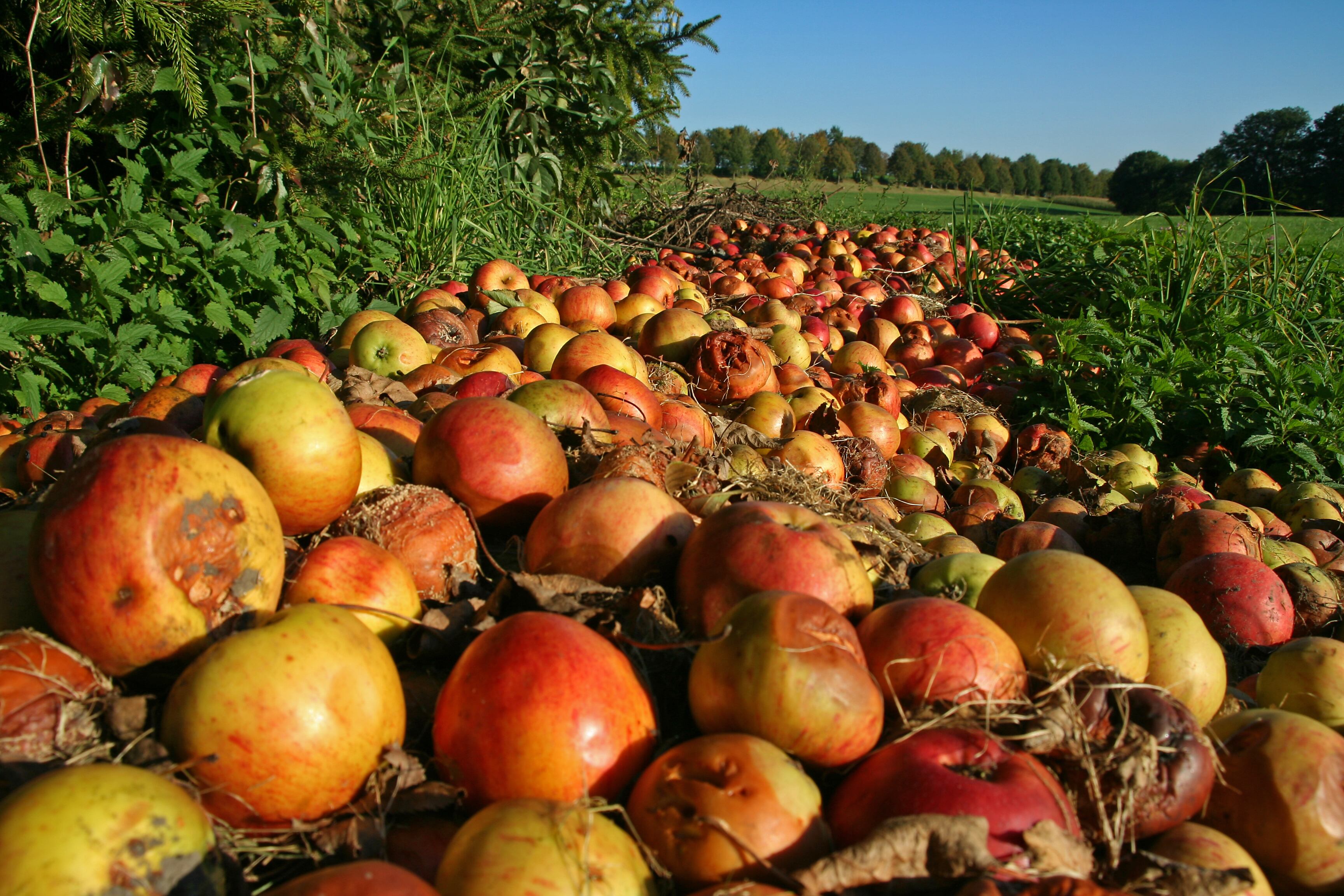The project, ‘Backcasting to Increase Food System Resilience in the UK’, is being led by experts from Anglia Ruskin University’s (ARU’s) Global Sustainability Institute in partnership with experts from the University of York, the London School of Hygiene & Tropical Medicine, the University of the West of England and the Royal Agricultural University.
Built on recent research which found more than 40% of food experts believed widespread civil unrest linked to food shortages – such as demonstrations and violent looting – was possible or likely in the UK within the next 10 years, the new project aimed to urgently address vulnerabilities in the nation’s food supply.
With the UK’s food and drink industry geared for efficiency rather than resilience, it is particularly susceptible to disruptions that could lead to a collapse. ARU defines collapse as a situation where the public lack access to affordable food, resulting in economic productivity losses, disease outbreaks, extreme hunger, malnutrition, or civil unrest.
Tipping points
The project aims to identify and find ways of mitigating the potential tipping points that could lead to a collapse – such as geopolitical instability, conflict, extreme weather and trade tariffs – and prioritise the areas within the UK food system that urgently need to strengthen their resilience to likely risks and shocks.
Working with key stakeholders in the food and drink industry, researchers will run a ‘backcasting’ exercise to identify the most likely pathways leading to civil unrest with a focus on addressing problems at the early stages of these pathways, nipping unrest in the bud before it can arise.
Professor Aled Jones, director of the Global Sustainability Institute at ARU, said: “The Backcasting to Increase Food System Resilience in the UK project is a major investment into understanding how future shocks could significantly impact the UK food system and how we can build resilience to these.
Transformation towards resilience
“The food system is exposed to various risks from climate change and biodiversity loss to geopolitical events, such as wars or cyberterrorism. Supporting the UK’s food system stakeholders from farmers through to retail, by working with them to build on their knowledge to deliver a transformation towards resilience, is vital.”
The project will also involve placements inside organisations focusing on food system challenges, to better understand the interventions that may be possible, and allow wider lessons to be captured and shared.
Placements will be open to PhDs from across the UK and will be announced in 2026.
Other partners on the project include WTW, the Food Farming & Countryside Commission, the Food Ethics Council, WRAP, DEFRA, Trussell, Sustain, Better Food Traders, Samworth Brothers, the Food Standards Agency, the Institute of Grocery Distributors and WWF.
Meanwhile, the UK faces civil unrest and further food inflation if the government fails to take decisive action to safeguard the cold chain, warned the Cold Chain Federation.





